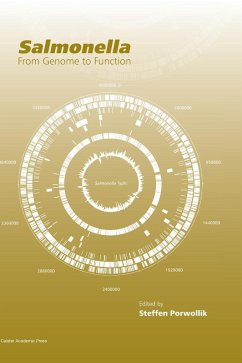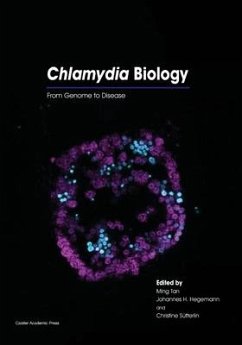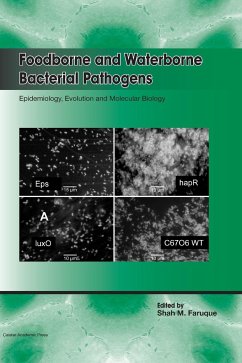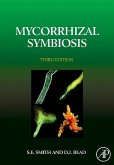Salmonellae are important pathogens, responsible for an estimated one million deaths and 100 million human infections annually. Their genomes are mosaic puzzles - results of lateral transfer events that occur within a stable genetic background. Extraordinary diversity of host ranges and pathogenicity traits between different strains are the consequence of both specific genome insertions/deletions and minute changes in genome composition. Genomic information decoded from a multitude of different Salmonella strains and new dramatic insights into pathogenic processes emphasize the fact that Salmonellaresearch is currently at a very exciting juncture. In addition to their fascinating resilience in both the environment and eukaryotic hosts, Salmonella prefers tumours over any other location within the human host (by a factor of 1000 or more). This ability could propel Salmonella into future use as a therapeutic delivery agent to control and/or cure cancers. In this book, internationally acclaimed experts review cutting-edge topics in Salmonella genomics and molecular biology, providing a timely snapshot of the current state of research. Topics include latest approaches to sub-species level classification and phage typing of Salmonella, comparative genomics, the search for genetic determinants for survival of the bacterium in different environments and the evolution of niche specialization by Salmonella. The book also explores the latest genomic information and molecular characterizations of sRNAs and complements of fimbriae, flagella and secreted virulence factors. Moreover, S. Typhi pathogenesis, interactions of the host with intracellular Salmonella and the host's anti-Salmonella immune response are reviewed. The current knowledge on Salmonella biofilm formation and a progress report on using Salmonella as an anti-tumour tool conclude this compendium. Essential reading for all researchers working with Salmonella and related organisms, and recommended reading for other scientists working on bacterial genomics, molecular biology and bacterial molecular and cellular pathogenesis.
Hinweis: Dieser Artikel kann nur an eine deutsche Lieferadresse ausgeliefert werden.
Hinweis: Dieser Artikel kann nur an eine deutsche Lieferadresse ausgeliefert werden.








